Introduction to Rolling Pin Bearings
Rolling pin bearings are specialized components designed to facilitate smooth and consistent motion in various rolling applications. These bearings are integral to the functionality of rolling pins, which are essential tools in both culinary and industrial settings. The category encompasses a diverse range of products tailored to meet the specific needs of different rolling tasks.
Types of Rolling Pin Bearings
Rolling pin bearings come in various forms, including taper roller bearings and cylindrical roller bearings. Each type serves a unique purpose and is crafted from different materials to suit particular rolling conditions. Taper roller bearings are designed to handle large radial and thrust loads, making them suitable for heavy-duty applications. Cylindrical roller bearings, on the other hand, are ideal for high-speed rolling tasks due to their design, which allows for minimal friction.
Materials and Features
The materials used in rolling pin bearings vary, ranging from durable stainless steel to lightweight plastics like PP. Stainless steel bearings are known for their strength and corrosion resistance, making them a popular choice for applications where durability is key. Plastic bearings are sought after for their non-conductive and non-magnetic properties, as well as their ability to operate quietly and with low friction.
Applications of Rolling Pin Bearings
Rolling pin bearings are not limited to the kitchen; they are also utilized in various industrial machines and equipment. In the culinary world, they are found in wooden rolling pins, embossing rolling pins, and silicone rolling pins. Each application demands a bearing that can withstand different environments, from high-temperature baking to the mechanical stress in industrial machinery.
Advantages of Different Rolling Pin Bearings
The advantages of using the appropriate rolling pin bearings are numerous. They ensure the smooth operation of rolling pins, reduce the effort required in rolling tasks, and extend the lifespan of the equipment by minimizing wear and tear. In industrial settings, the right bearings can lead to increased efficiency and reduced maintenance costs.
Choosing the Right Rolling Pin Bearing
Selecting the correct rolling pin bearing is crucial for both functionality and longevity. Factors to consider include the load the bearing will need to support, the speed of operation, and the environment in which it will be used. It is important to match the bearing to the specific requirements of the task to ensure optimal performance.
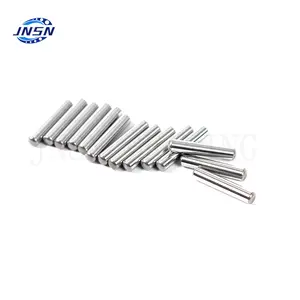







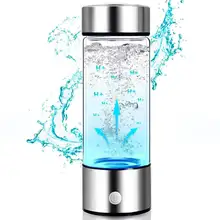

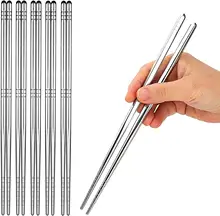





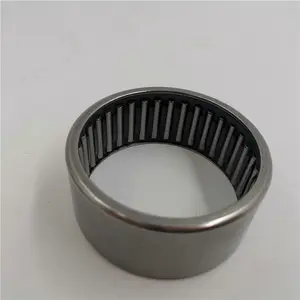
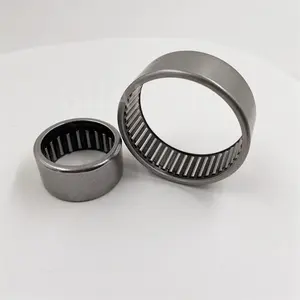










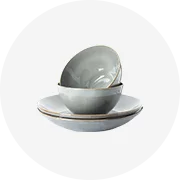













 浙公网安备 33010002000092号
浙公网安备 33010002000092号 浙B2-20120091-4
浙B2-20120091-4